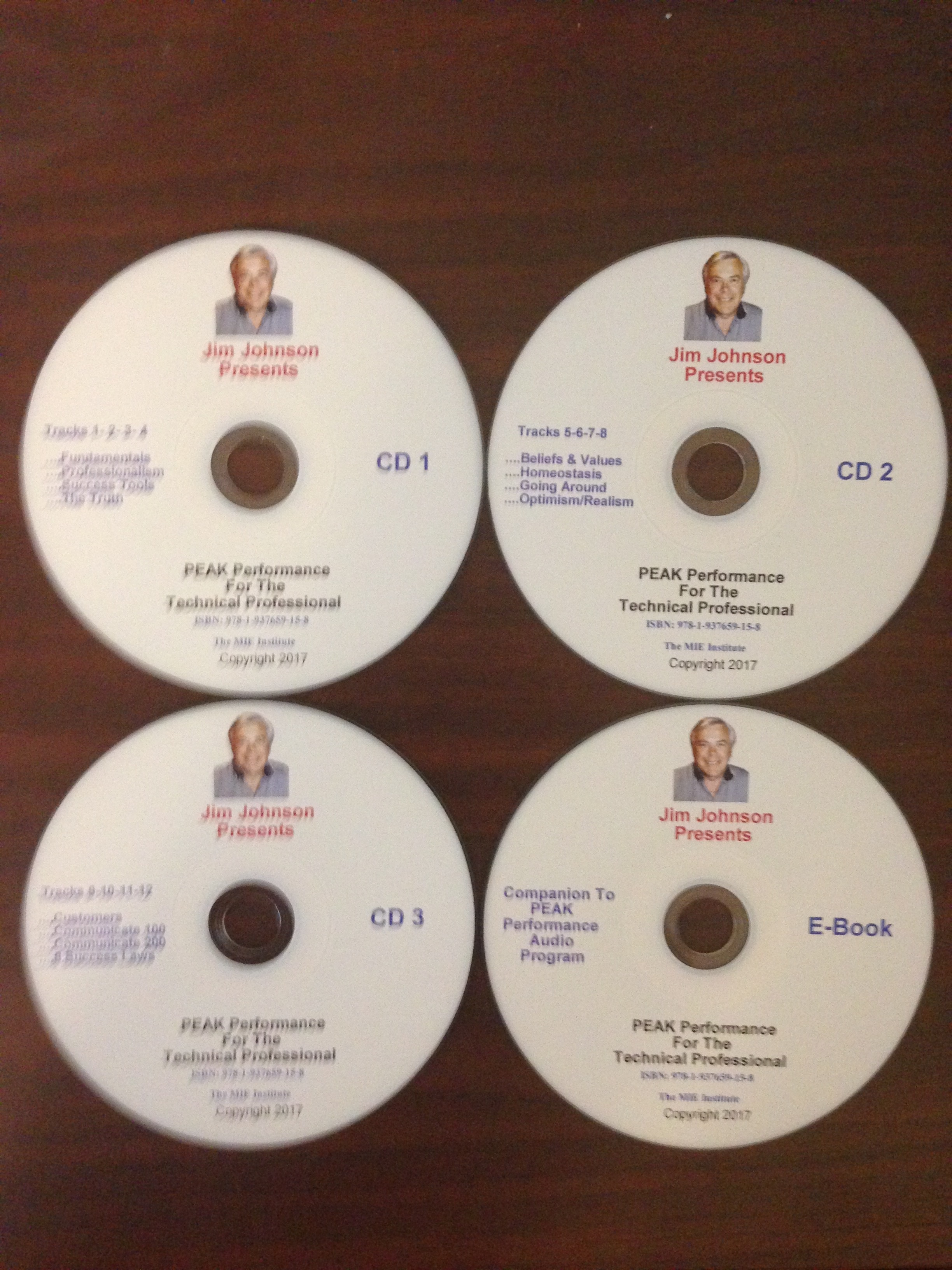Running a successful refrigeration contracting company is a tough, multi-faceted task even in normal times. But we all know October of 2016 is anything but normal. We are one month away from choosing our next president. And this year’s election, featuring Hillary Clinton and Donald Trump, has stirred strong emotions on both sides. Many people truly believe that the choice of the wrong (this is: not their) candidate might well send America down a dark path. The people who believe this very passionately are your friends, your neighbors, and — unfortunately — your co-workers and employees.
So how do you keep a lid on political discussions that might become toxic and leave lingering scars in the workplace? Maybe some advice from our folks in the HR departments at companies across America will help.
More than one-fourth of human resources professionals responding to a recent survey conducted by the Society for Human Resource Management (SHRM) reported election-related tension, hostility, or arguments among co-workers. And only 24 percent of organizations have written policies about political activities in the workplace, according to the society.
Those policies, study participants said, most commonly prohibit:
• Employees from campaigning for a candidate or political party during work hours (cited by 65 percent of those having policies).
• Employees from using their position to coerce a colleague to make political contributions or support a candidate or cause (62 percent).
• The use of an employer’s assets to support a candidate or party (62 percent).
Verbal warnings (cited by 63 percent of respondents) and written warnings (46 percent) were the most common disciplinary actions for employees who violate a policy. Termination of employment also was a potential punishment, according to 29 percent of survey-takers. However, in the past 12 months, only 1 percent of study respondents had disciplined an employee for violating the organization’s policy.
If you think your company could benefit from some rules and regulations regarding political discussions and activities in the workplace, the society offers some advice.
“Generally speaking, employers cannot have policies that prohibit all political discussions, as this is considered protected concerted activity under the National Labor Relations Board,” said Edward Yost, human resources business partner/employee relations at SHRM. “But it is important for employers to monitor such discussions to ensure that they do not lead to bullying or threatening behaviors between employees or become a significant drag on productivity.
“A good rule of thumb is to avoid those topics that generate the most arguments when you are with family and friends,” Yost concluded. “Political discussions could damage the cooperative working relationship between employees who land squarely on opposite sides of an incendiary issue.”
Passion is a good thing when it comes to one’s country. It’s a whole lot better than apathy. But do your best to keep everyone calm and keep politics out of their work discussions. Remind everyone that they all have a vote, and the best way to support their beliefs is to use it.











